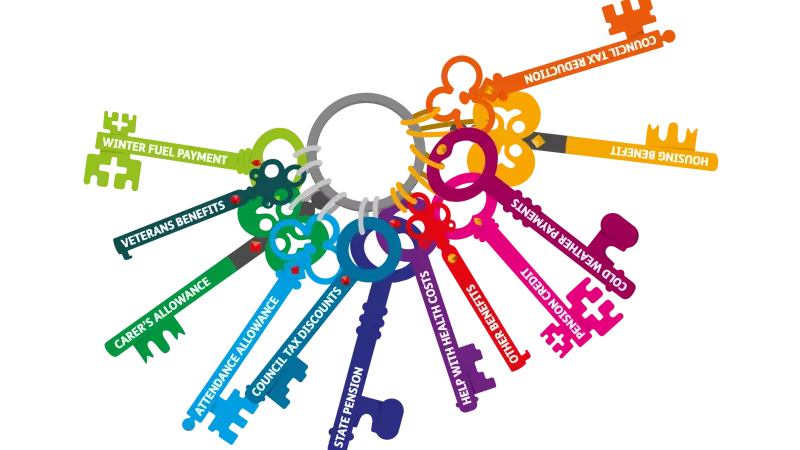Tags trial to track people with dementia
Scottish patients with dementia have been fitted with electronic tags to stop them getting lost or into danger in a groundbreaking new experiment.
Seven older Scots are wearing or carrying the satellite tracking devices, which set off an alarm that will alert family members or carers to their location if they travel beyond specifically designated points.
The "Safe Walking" scheme has been launched by care firm Bield in conjunction with Edinburgh City Council and is being monitored by researchers at Edinburgh University to see whether it is successful.
If it is deemed a success, the tags could be issued to thousands of dementia patients across the country to enable them to live at home for longer and travel to activities on their own.
The scheme uses satellite technology in a similar way to electronic tags fitted to offenders serving community sentences, although the tags in question can be carried in a handbag or pocket or worn as a bracelet similar in size to a ladies wrist watch.
The tag triggers an alarm to a call-handling centre if the wearer moves outside a pre-determined geographic area. Families can even monitor the user's movements on a Smartphone or computer.
Age Scotland spokesman Lindsay Scott said: "We welcome this pilot scheme aimed at enabling older people with cognitive decline to maintain active lifestyles and to remain in their own homes.
"Despite concerns about tagging, we believe that this extra layer of security could really help reduce the stress associated with caring for someone with dementia, and as long as it enhances their freedom, independence and quality of life and is used with the consent of those involved, we fully back it."
Early reports from patients' families suggest it has prevented them from having to go into care.
Tweet


